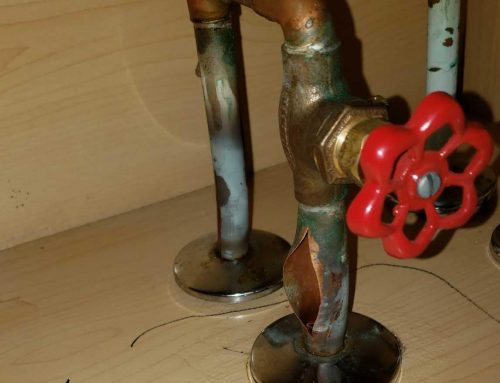
10 steps to take while waiting for our crew
By following these tips you can preserve and keep your home and belongings, in addition to enabling our field technicians to get right to work on your property.
-
- Protect furniture in damage area. – Putting aluminum foil underneath the legs of heavy furniture that can’t be moved can certainly help protect them and your particular carpets. You can also use plastic bags around the legs.
- Watch your step. – Seal off the areas which were encountered with mould or sewage from the rest of your home and attempt not to enter those areas. If you must enter, to prevent tracking contaminates as part of your home, cover your shoes in a plastic bag and get rid of the bag prior to leaving the infected area.
- Shut off or unplug. – In a large flood shut down the electricity, gas, and water completely. For just a minor water damage or flooding, make sure all electrics in the vicinity are disconnected.
- Turn on a dehumidifier. – If you have a de-humidifier, turning it on as soon as possible after a flood can certainly help keep your house dry and prevent mold and mildew growth. However, a heater isn’t a alternative to a dehumidifier. Turning on your heater could in fact increase moisture in the air!
- Maneuver soaking wet items. – If you have clothing, bedding or easily movable area rug that have been saturated by water, move them into large containers, the bathtub or the garage. They will be somewhere else and dry-out faster, too.
- Dispose of exposed items. – If the item has actually been in the presence of mold or sewage it’s safer to discard it for health reasons. Talk to our helpful technician and learn which items can be sterilized. Any children’s toys and items should be discarded. In addition, plastic and wooden kitchenware is not effortlessly recovered.
- Store paper in the freezer. – Storing important books or records which were saturated in a flood in the freezer until our field technicians can work on them can prevent additional damage. First place the paper or book in a plastic bag. Or place a sheet of parchment paper every 15 to 32 pages to avoid sticking.
- Keep doors and windows shut. – Opening a window or door will allow in additional moisture than it lets out. Wait for AllStates technician to come, and then they can let you know about opening doors and windows.
- Lift curtains. – It isn’t necessary to completely remove floor length curtains or various other draperies within the damaged area unless of course there is mold, mildew or sewage damage. As an alternative use clothes wardrobe hangers hooked onto the curtain rod to lift curtains above the ground.
- Do some research. – Check our web-site for tips on how to minimize and deal with water damage, mold, and other household issues.
To schedule water damage inspection appointment, call 888-651-2532 or click here.


